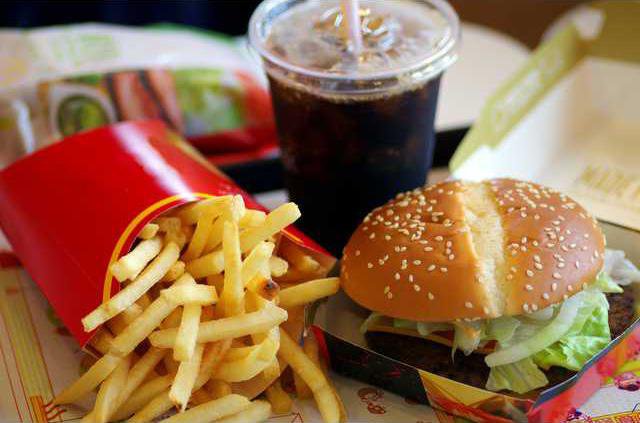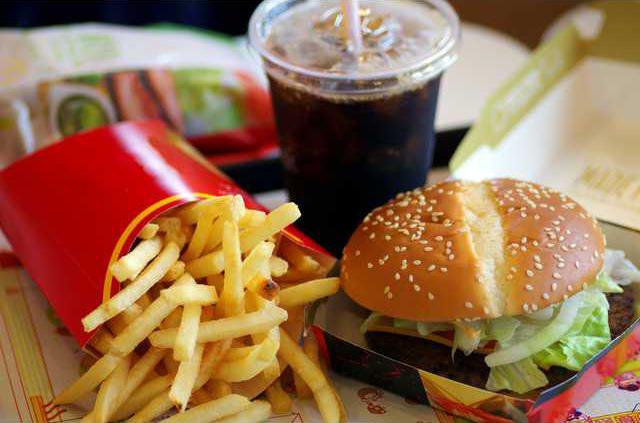Sorry, McDonalds enthusiasts. A staple drink will no longer be sold there.
The fast-food chain will phase out Hi-C Orange after May 1, according to HuffPost. McDonalds announced the decision in a memo to McDonalds managers and operators this week.
McDonalds new contract with Coca-Cola inspired the change. The hamburger chain will add Sprite TropicBerry soda instead, HuffPost reported.
EatThis.com called Hi-C Orange the same refreshing beverage that cooled you off after a romp around the PlayPlace and tasted especially good with McNuggets dipped in honey.
McDonalds confirmed to Eat This, Not That! that the stores will continue to sell the drink until its inventory runs out.
"Its gonna be a fun few weeks up ahead. Hi-C is one of the more popular drinks at my location, one reddit user said, according to Eat This.
Twitter didnt seem to happy with the decision.
The fast-food chain will phase out Hi-C Orange after May 1, according to HuffPost. McDonalds announced the decision in a memo to McDonalds managers and operators this week.
McDonalds new contract with Coca-Cola inspired the change. The hamburger chain will add Sprite TropicBerry soda instead, HuffPost reported.
EatThis.com called Hi-C Orange the same refreshing beverage that cooled you off after a romp around the PlayPlace and tasted especially good with McNuggets dipped in honey.
McDonalds confirmed to Eat This, Not That! that the stores will continue to sell the drink until its inventory runs out.
"Its gonna be a fun few weeks up ahead. Hi-C is one of the more popular drinks at my location, one reddit user said, according to Eat This.
Twitter didnt seem to happy with the decision.








